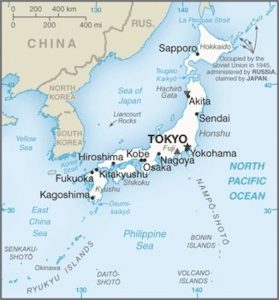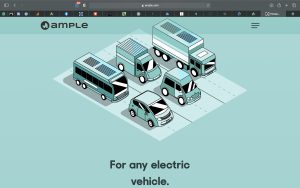Are EVs a blessing or liability during a major power blackout? Are ICEs a more reliable option if the grid fails?
EVs are the wave of the future, according to most prognosticators. Virtually every auto manufacturer you can name has or is planning to offer electric vehicles in the near term. Several major carmakers are all-in on EVs, boasting they plan to completely abandon ICEs within the next 10 – 15 years. Gasoline-powered cars are becoming the dodo birds of the automotive landscape.
EVs face disruption during bad weather
The overtaxed power grid in Texas points out that Electrical Vehicles are not without their drawbacks. Battered by severe cold and snow, Texas has chosen to implement rolling blackouts through most areas, in an attempt to prevent the ultimate collapse of the grid.
Under such situations, you cannot charge the batteries in your EV unless you have access to a generator or fuel cell. Even if you have such a luxury, other, more pressing issues may demand all the power available, leaving EV drivers literally out in the cold.
As my Tesla-owning grandson points out, in extreme cold, battery performance drops dramatically. So at a time when you cannot recharge, your batteries have the least endurance.
Not just an EV Issue
Needless to say, this isn’t just an EV issue. The whole green power movement becomes problematic in severe winter weather. Overcast weather and snow-covered surfaces prevent solar panels from functioning. Wind turbines can be disabled by intense cold, snow and ice.
As someone who has suffered through frequent electric heat-pump freeze-ups, I can testify that there are many times when I long for the days when my home was heated by natural gas. I know neighbors who still use fuel oil, propane or woodchips to heat their homes.
Will severe weather case drivers to regret their EV purchase?
Robert Bryce penned an article in Forbes Magazine where he contends that it is folly to try to “electrify everything.”
Bryce opens his opinion piece with “The massive blast of Siberia-like cold that is wreaking havoc across North America is proving that if we humans want to keep surviving frigid winters, we are going to have to keep burning natural gas — and lots of it — for decades to come.”
The Forbes article doesn’t target EVs, but since EVs depend on the power grid to function, it is evident they are as much at risk as any home or business.
I agree with some of Bryce’s conclusions, and I think that it is sensible to have many different sources of energy to cope with emergencies. Yet, I don’t perceive anything to keep EVs from becoming the norm for most drivers.
- Although natural crises are becoming more frequent, they are not the norm and we can plan to cope with them.
- Today’s EVs are not the EVs of tomorrow. All over the globe, engineers and researchers are racing to develop smaller, more efficient batteries that can be charged quicker and last longer.
- By definition, natural disasters disrupt ordinary life. Gas-burning vehicles may become paralyzed by snow and ice. Stores and shops close. Phone and internet services may not be available. While there will be times when an ICE might be more advantageous in an emergency, most situations that require transportation during a severe storm, flood or fire are best left to professionals and first responders. These people can be expected to have an appropriate vehicle.
It is inevitable that disasters and calamities will happen. But I wouldn’t let the threat of a short-term catastrophe affect my driving choices.
Robert Bryce’s complete Forbes article can be read here.


Be First to Comment